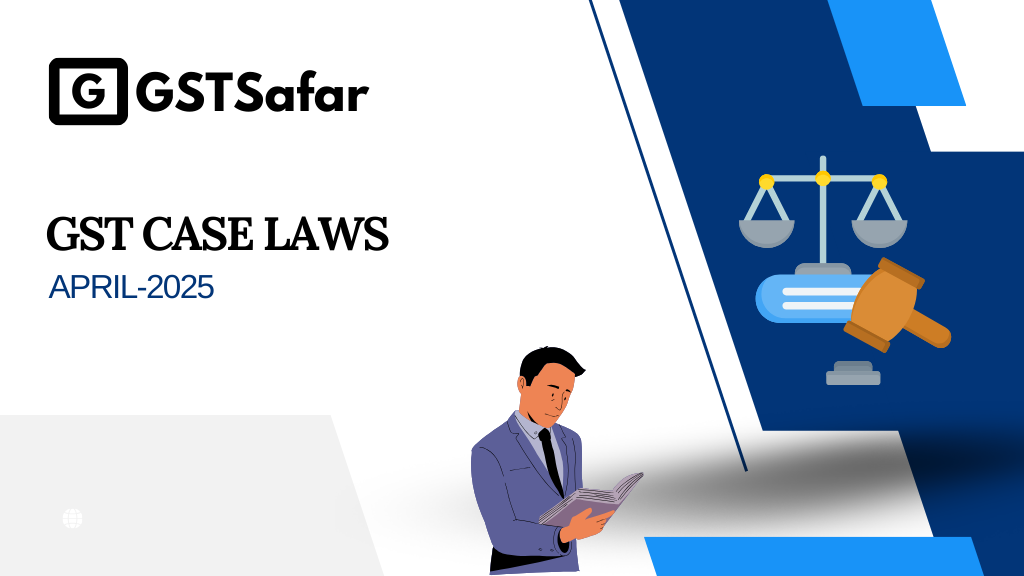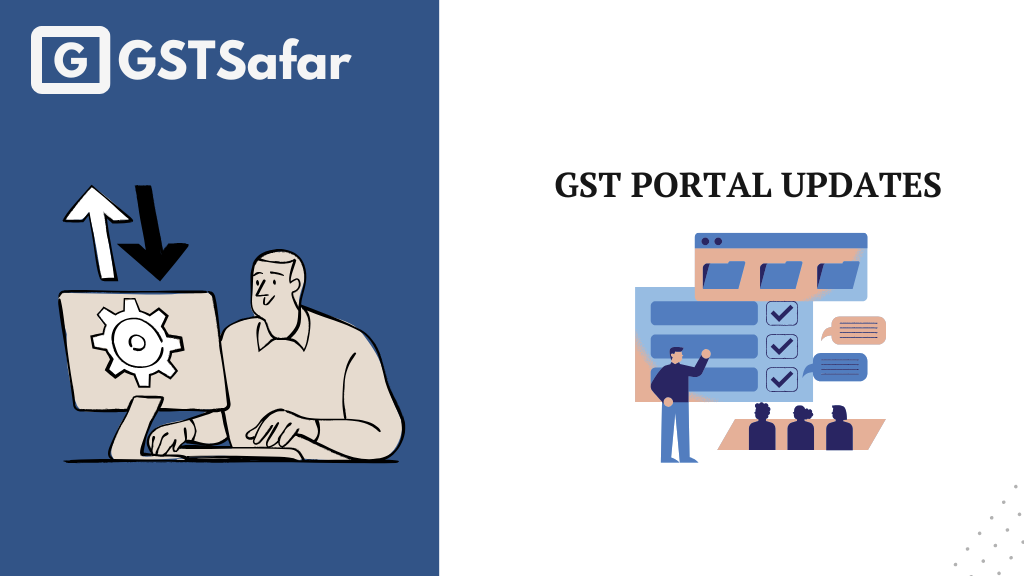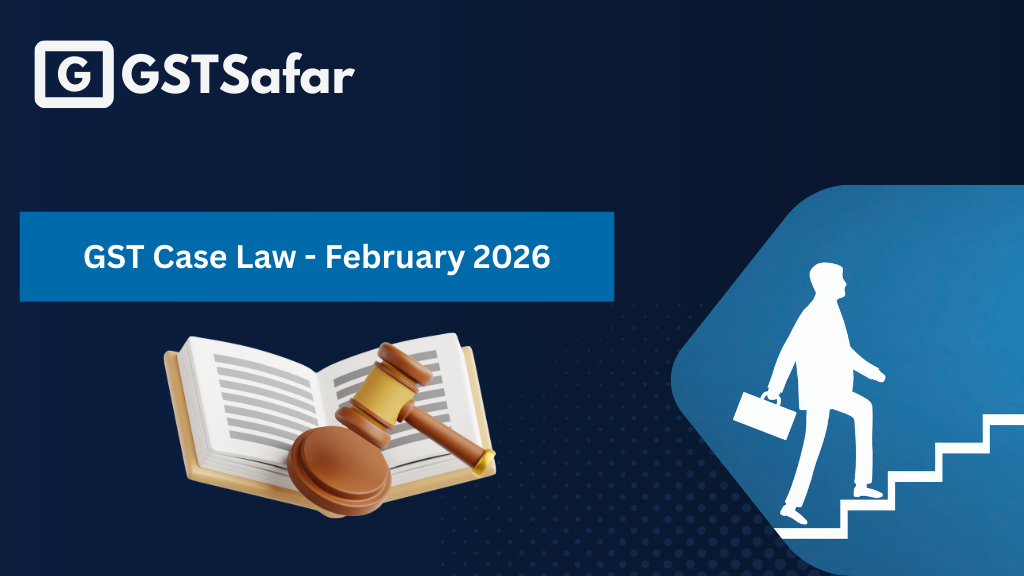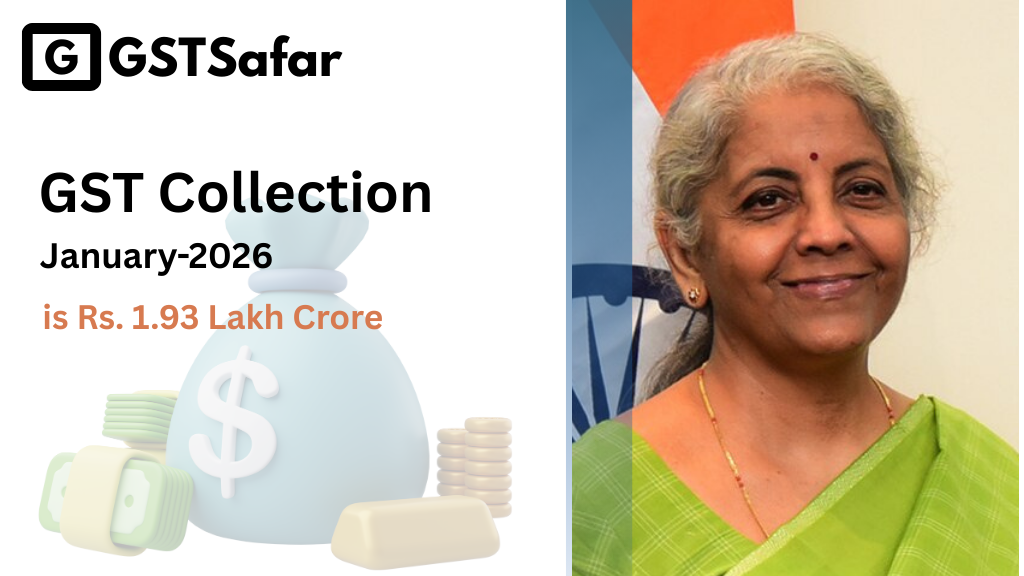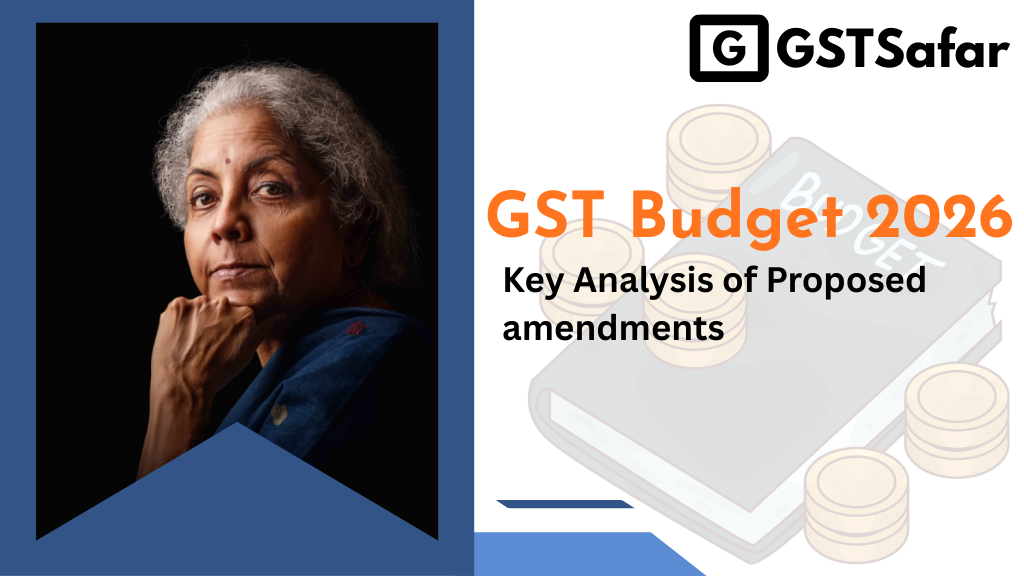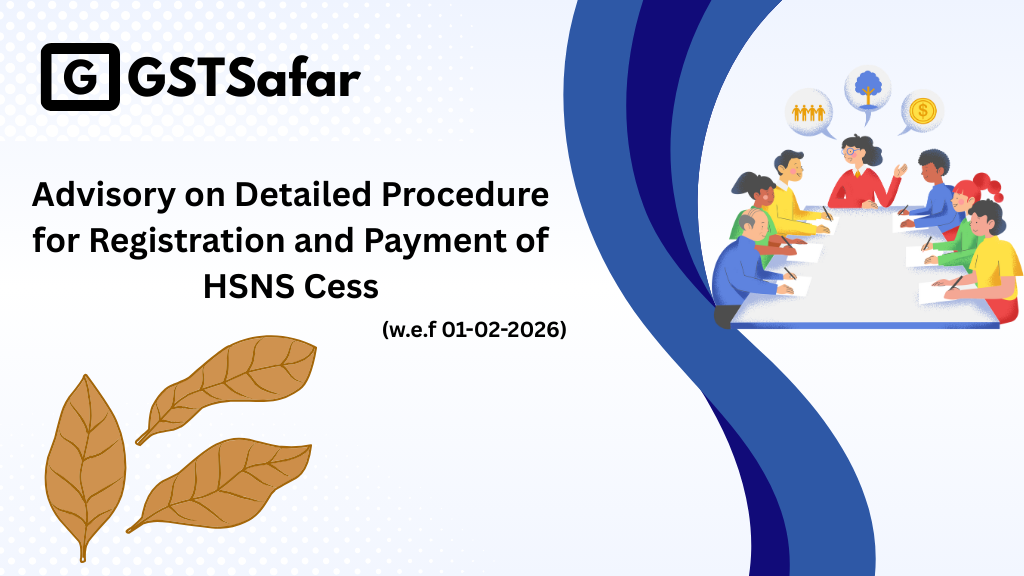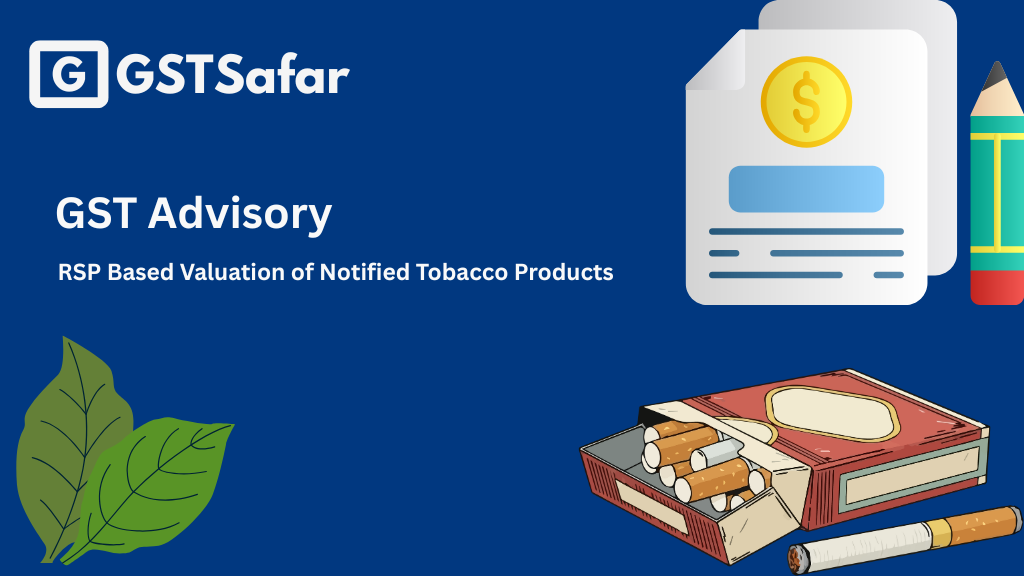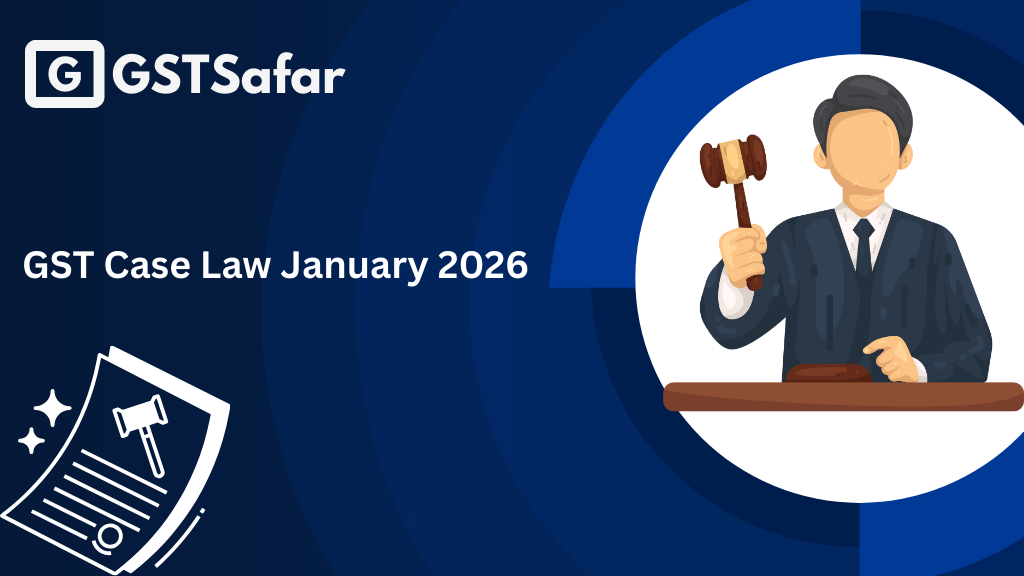Table of Contents
ToggleGST Case Laws April 2025
The goal of this article is to cover all recent GST case laws April 2025. All latest high court judgement on gst and all latest supreme court judgments on gst issued in April 2025 have been covered in this article. All latest GST case laws of April 2025 in this article have been classified by name, date, judge, counsel, GST concept, GST section, etc. In addition, a PDF of the GST case law is provided with the case law so that the user can download it for further study.
GST Case Law on Refund of IGST on Export of Services
Andhra Pradesh High Court held that the refund of input tax credit was justly claimable and should not have been denied merely due to technical deficiencies in the registration details.
| Andhra Pradesh High Court Judgement 2025 |
| Name of case : Alstom Transport India Ltd. vs. Additional Commissioner of Central Tax Appeals, Guntur |
| Date of Judgment : 21-04-2025 |
| Appeal No : WRIT PETITION NOS. 21164 & 21179 of 2021 |
| Judges : R. Raghunandan Rao and K. Manmadha Rao, JJ. |
| Counsel Name : |
| Fact of the Case: In this case, the petitioner was initially registered under GST for the supply of goods. Later, they applied to amend their registration to include the supply of services. After this, the petitioner began exporting engineering services related to metro projects to clients located outside India, treating them as zero-rated supplies under GST and paying IGST on these exports. Subsequently, the petitioner claimed a refund of unutilized input tax credit (ITC) arising from the IGST paid on these export services. However, both the original and appellate authorities rejected the refund, stating that the petitioner’s registration was originally only for goods, and therefore, they were not eligible to claim a refund on services. The matter was taken to the High Court through a writ petition, challenging this reasoning and seeking relief on the basis that the nature of supply had been amended and exports were duly made. |
| Held by court : In this case, the court examined whether a refund of IGST paid on zero-rated export services could be denied simply because the petitioner’s registration initially did not mention services as a category of supply. Referring to Section 16 of the IGST Act read with Section 54 of the CGST Act, the court clarified that only a registered person is eligible to claim a refund related to zero-rated supplies, whether with or without payment of tax. Importantly, the law grants a single registration certificate for both goods and services; it does not require separate registrations based on the type of supply. Therefore, the non-mention of services in the registration application form does not disqualify a registered person from claiming refund on exported services. Since the petitioner was a registered person and had actually exported zero-rated services with payment of IGST, the court held that the refund of input tax credit was justly claimable and should not have been denied merely due to technical deficiencies in the registration details. |
| In favor of : Assessee |
| Topic of GST : Refund |
| Section of GST: Section 54, 22, and 25 of CGST Act, 2017 |
Download PDF of the Andhra Pradesh High Court Judgement of Alstom Transport India Ltd
GST Case law on GST Notice Validly Served via Portal
Madras high Court reaffirmed that uploading a notice or order on the GST portal is a valid
| Madras High Court Judgement 2025 |
| Name of case : Poomika Infra Developers vs. State Tax Officer |
| Date of Judgment : 25-04-2025 |
| Appeal No : W.P. Nos.33562, 33563, 33565, 33573, 33692, 33758 of 2024, 1842, and 1949 of 2025 WMP Nos. 36484, 36481, 36362, 36350, 36347, 36346, 36345, 36344, 36361, 36351, 36559, 36558 of 2024, 2106, 2110, 2242 and 2246 of 2025 W.P. Nos. 33562, 33563, 33565, 33573, 33692, 33758 of 2024 |
| Judges : Mohammed Shaffiq, J. |
| Counsel Name : G. Natarajan |
| Fact of the Case: In this case, the assessee challenged the GST assessment order for the period 2021–22 on the grounds that the notice and order were not properly served. According to the assessee, the intimation in Form DRC-01A, the show cause notice in Form DRC-01, and the final assessment order were merely uploaded on the GST Common Portal, and no separate communication or alert was received. As a result, the assessee claimed it was unaware of these proceedings and could not participate in the adjudication or respond to the notices. The dispute revolves around whether uploading such documents on the GST portal alone constitutes valid service under the law. |
| Held by court : Section 169 of the GST Act lays down different ways (modes) in which notices, orders, or communications can be served on taxpayers. These include email, registered post, uploading on the GST portal, etc. This section is similar in structure to Rule 52 of the old Tamil Nadu General Sales Tax (TNGST) Rules, which also listed multiple service methods. In an earlier case (A. Sanjeevi Naidu), the court had clarified that these different methods are alternative options—the department can use any one of them and does not need to follow them in a fixed order. However, in two recent cases, the same court held that service should first be attempted through methods listed in clauses (a) to (c), and only if those fail, then other methods like portal upload (clause f) should be used. This new interpretation goes against the earlier judgment and would make the wording “shall be served by any one of the following modes” meaningless. Therefore, the court in this case reaffirmed that uploading a notice or order on the GST portal is a valid and legal mode of service under Section 169, and the petition was dismissed. |
| In favor of : Revenue |
| Topic of GST : Notice Service |
| Section of GST: Section 169 of CGST Act, 2017 |
GST Case law on Validity of service through Common Portal
Madras High court says the impugned orders passed without ensuring effective service were held to be unsustainable and were set aside.
| Madras High Court Judgement 2025 |
| Name of case : Axiom Gen Nxt India (P.) Ltd. vs Commercial State Tax Officer |
| Date of Judgment : 22-04-2025 |
| Appeal No : W P No 6033 of 2025, W M P No 6391 of 2025 |
| Judges : Krishnan Ramasamy, J. |
| Counsel Name : Vaidya Shakar D., Ms. D. Vishalee, C. Bosco, P. Suresh Babu, Ms. B. Mitra, D. Vivekanandan, Ms. A. Anuradha, F. John Joseph, Senguttuvan K., C. Baktha Sironmani, N. Chandirasekar, R. Mansoor Ilahi, S. Anandh, Joseph Prabakar, Adithya Reddy, Ms. L. Sweety, Sanskar Samdaria, S. Durairaj, N. Murali, S. Sathya Narayanan, Micheal S., P.V. Sudhakar, G. Natarajan, D. Vijayakumar, S. Durai Raj, H. Rajasekar, Raj Kumar P., A.N.R. Jayaprathap, Haribabu, R. Arumugam, R. Karunagaran, K.A. Parthasarathy, Manoharan S. Sundaram, Sharukumar S.I., Ms. S. AkilaP.S. Raman, |
| Fact of the Case: The assessee contended that the orders and notices issued by the department were uploaded only on the GST common portal, and no separate physical service or direct communication was made. The assessee argued that such uploading on the portal constitutes deemed service under the GST law, and therefore, they became aware of the orders only upon accessing the portal. This contention was raised to support claims related to limitation, opportunity of being heard, or compliance timelines, asserting that unless the assessee accesses the portal, they remain unaware of such orders, and mere uploading should not be treated as effective service without due intimation. |
| Held by court : The common portal under GST law is recognized as a computer resource through which taxpayers can receive communications such as notices, orders, and summons. While an assessee may designate the common portal as their preferred electronic communication channel, such designation is not mandatory for the service to be considered valid. Once any notice or order is uploaded on the common portal, it is deemed to be served immediately, regardless of whether the assessee has actively designated it as a communication channel. This deems the service legally sufficient. However, in situations where such service is not effective—for example, if the assessee does not access or become aware of the uploaded communication—the revenue authorities are expected to adopt alternative methods of service prescribed under the law, such as sending reminders or physical copies through Registered Post with Acknowledgement Due (RPAD). In the present case, although the service of notices via the common portal was legally sufficient, it was found to be ineffective in practice due to the lack of follow-up communication. As a result, the impugned orders passed without ensuring effective service were held to be unsustainable and were set aside. |
| In favor of : Assessee |
| Topic of GST : Service of Notice |
| Section of GST: Section 169 of CGST Act, 2017 |
GST Case law on Mandatory Pre-deposit under section 107 of the CGST Act
Delhi High Court orders the petitioner to approach the Appellate Authority.
| Delhi High Court Judgement 2025 |
| Name of case: Impressive Data Services (P.) Ltd. vs. Commissioner (Appeals-I), Central Tax GST, Delhi |
| Date of Judgment: 15-04-2025 |
| Appeal No : W.P.(C) 4662 of 2025 CM APPL. 21564 fo 2025 |
| Judges : PRATHIBA M. SINGH and Rajneesh Kumar Gupta, JJ. |
| Counsel Name : Pranay Jain |
| Fact of the Case: The petitioner filed an appeal before the Appellate Authority challenging a demand raised by the GST Department through a Show Cause Notice alleging wrongful availment of Input Tax Credit (ITC) for the period 2017-18 to 2019-20. The petitioner submitted that the alleged discrepancy arose due to inadvertent mistakes in the GST returns filed during the transitional phase into the GST regime. It was contended that the errors were clerical in nature, committed by the accountant, resulting in incorrect reporting of turnover. However, no ITC was actually availed on the wrongly mentioned amounts. Furthermore, the petitioner pointed out that, in relation to two entities—M/s DST Kumar Traders and M/s Vinay Sales Corporation—no ITC had been claimed at all during the relevant period, and therefore, the demands raised in their names were factually incorrect. On these grounds, the petitioner sought a waiver of the mandatory pre-deposit required under the GST law while filing the appeal, arguing that the demand was based on erroneous assumptions and no wrongful benefit had been derived. |
| Held by court : As per Section 107(6) of the CGST Act, 2017, a mandatory pre-deposit of 10% of the disputed tax amount is required to be paid at the time of filing an appeal before the Appellate Authority. The provision does not confer any discretion upon the authorities to waive this requirement, making it a statutory pre-condition for the admission of an appeal. In light of this mandatory nature, and supported by established judicial precedents, the prayer for waiver of the pre-deposit by the petitioner could not be entertained. Consequently, the petitioner was directed to approach the Appellate Authority by complying with the requirements laid down under Section 107 of the CGST Act, including the mandatory deposit of 10% of the disputed tax amount. |
| In favor of : Revenue |
| Topic of GST : Appeal |
| Section of GST: Section 107 CGST Act, 2017 |
Download PDF of Delhi High Court Judgement of Impressive data service private limited
GST Case law on Affiliation Fees Not Taxable Under GST
Bombay high court says the notice issued by the department was without proper jurisdiction and needed to be cancelled.
| Bombay High Court Judgement 2025 |
| Name of case : Goa University vs. Joint Commissioner of Central Goods and Service Tax |
| Date of Judgment : 15-04-2025 |
| Appeal No : WRIT PETITION NO.723 of 2024 |
| Judges : M.S. Karnik and NIVEDITA P. MEHTA, JJ. |
| Counsel Name : Raghuraman,Gauravvardhan Nadkarni, Jay Mathew, B. Murthy and Raghavendra C. R. |
| Fact of the Case: A university established under a State law had collected affiliation fees from colleges. Earlier, during the service tax regime, the tax department issued a show cause notice demanding tax on these affiliation fees. However, after the university explained that such services were exempt, the department dropped the proceedings. Later, under GST, the department issued an intimation in Form DRC-01A under Section 74(5), demanding GST of ₹1.90 crore along with interest and penalty on the same affiliation services. The university responded by denying the liability, stating that the services were exempt under GST. Despite this, an order confirming the demand was passed. The university then challenged the order, arguing that it is a statutory body established by a State law and its activities—like granting affiliation—do not qualify as “business” as defined under clauses (a) to (c) of Section 2(17) of the CGST Act, and therefore GST is not applicable. |
| Held by court : The affiliation fees collected by the university were not considered as payment for any commercial service under Section 7 of the CGST Act. Instead, these fees were treated as statutory or regulatory fees, collected as per legal provisions, and not based on any commercial contract or agreement. Since the university’s activities were not commercial in nature, they did not fall within the scope of GST. As a result, the very basis or facts required to issue the GST show cause notice were missing. Therefore, the notice issued by the department was without proper jurisdiction and needed to be cancelled. |
| In favor of : Assessee |
| Topic of GST : Exemption |
| Section of GST: Section 11, Section 7 and Section 2(17) of CGST Act, 2017 |
Download PDF of Bombay High Court Judgement of Goa University
GST Case law on No GST on Services between Clubs and Members
The Kerala High Court held that the provisions of the CGST/KGST Act are unconstitutional, invalid, and void.
| Kerala High Court Judgement 2025 |
| Name of case : Indian Medical Association vs. Union of India |
| Date of Judgment : 11-04-2025 |
| Appeal No : W.A.NO.1659 and 1487 OF 2024 W.A.NO.468 OF 2025 |
| Judges : Dr. A.K. Jayasankaran Nambiar and EASWARAN S., JJ. |
| Counsel Name : Arvind P. Datar, Sr., P.R. Renganath, AR. L. Sundaresan Sreelal N.Warrier Shaiju K.S. Mohammed Rafiq |
| Fact of the Case: The issue in this case was whether certain provisions in the CGST Act and the Kerala SGST Act are unconstitutional. These provisions – Section 2(17)(e), Section 7(1)(aa), and its Explanation – treat transactions between clubs or associations and their members as ‘supply’ under GST. The question raised was whether this is valid under the Constitution, especially considering the principle of mutuality, which means that a person cannot make a supply to themselves. The challenge was that these provisions go beyond the powers given under Article 246A (which grants power to make laws on GST), conflict with the definition of ‘goods and services’ under Article 366(12A), and violate Article 265, which states that no tax can be collected without the authority of law. Therefore, the petitioners argued that these GST provisions are ultra vires (beyond legal authority) and should be struck down. |
| Held by court : Under the Constitution, GST is a tax on the “supply” of goods or services, and these terms—“goods,” “services,” and “supply”—have specific meanings. The basic idea is that a supply requires at least two different persons: a supplier and a recipient. Self-supply or self-service, where a person is essentially transacting with themselves (like a club with its own members), is not envisioned as “supply” under the Constitution. When the Constitution was amended in 1982 (the 46th Amendment), it specifically created a legal fiction in Article 366(29A) to treat certain transactions between associations and their members as sales—for example, when goods are supplied by a club to its members. But this was done by amending the Constitution itself. In contrast, the CGST Act and KGST Act were amended later to treat activities between a club and its members as ‘supply’, just by changing the definition of “supply” (through Section 2(17)(e), Section 7(1)(aa), and its Explanation) without amending the Constitution or redefining the term “service.” The court found that this approach goes beyond the powers given in the Constitution, particularly Article 246A, Article 366(12A), and Article 265, because the law tries to impose tax on transactions that constitutionally cannot be treated as a supply or service. Therefore, the court held that these provisions of the CGST/KGST Act are unconstitutional, invalid, and void. |
| In favor of : Assessee |
| Topic of GST : Supply |
| Section of GST: Section 7 of CGST Act, 2017 |
Download Kerala High Court Judgement of Indian Medical Association
GST Case law on Refund denial overruled
The Jharkhand High Court held that both the refund rejection order and the appellate order should be set aside.
| Jharkhand High Court Judgement 2025 |
| Name of case : TATA Steel Ltd. vs. State of Jharkhand |
| Date of Judgment : 03-04-2025 |
| Appeal No : W.P. (T) No. 2900 of 2024 |
| Judges : M.S. RAMACHANDRA RAO, CJ. and Deepak Roshan, J. |
| Counsel Name : Salona Mittal and Ms. Amrita Singh |
| Fact of the Case: The taxpayer had filed a refund application for the Compensation Cess, along with all the necessary supporting documents. In response, the tax department issued a Show Cause Notice proposing to reject the refund. The taxpayer submitted a reply to the notice, addressing the concerns raised. However, the refund was ultimately rejected on the grounds that certain key documents were allegedly not furnished—specifically, the receipt of payment, proof of export, and a declaration stating that no prosecution was pending. The taxpayer then filed an appeal against this rejection, but the appellate authority also dismissed the appeal, citing the same deficiencies in documentation. |
| Held by court : In this case, the taxpayer argued that proof of payment is required only when services are exported, not for the export of goods. For goods, a reconciliation statement is sufficient, which had already been submitted with the refund application. The rejection based on not submitting proof of export within 90 days was also incorrect and went against a government circular issued in 2019. Overall, all the reasons given for rejecting the refund were not valid, as they were beyond what the GST law, rules, or binding circulars require. Therefore, the court held that both the refund rejection order and the appellate order should be set aside. The tax department was directed to process the refund with interest and issue the amount to the taxpayer within 12 weeks. |
| In favor of : Assessee |
| Topic of GST : Refund |
| Section of GST: Section 54 of CGST Act, 2017 |
Download Jharkhand High Court Judgment of TATA Steel Ltd.
